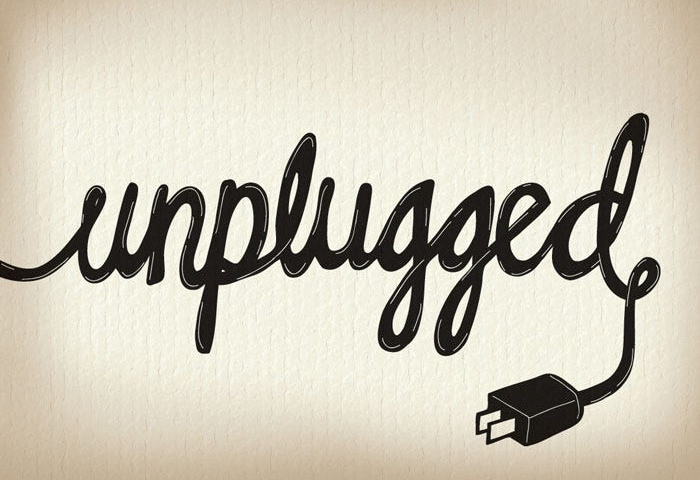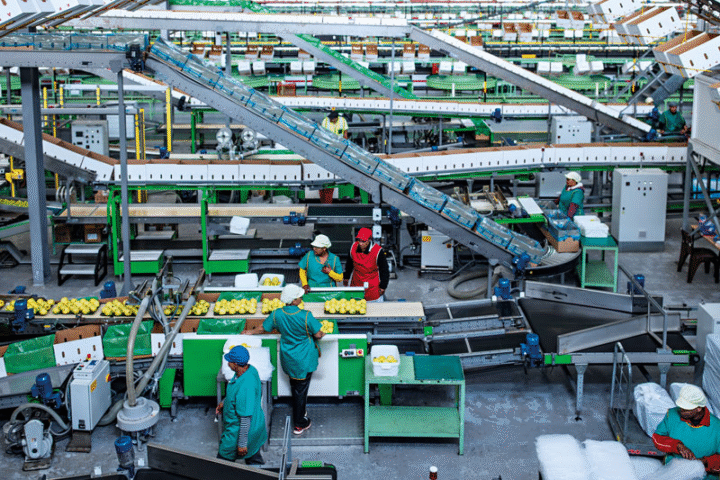With rising inflation and volatile currencies across Africa, professionals and entrepreneurs are struggling to preserve wealth. This article explores practical, culturally relevant strategies to inflation-proof your finances and secure long-term stability.
In many African households today, conversations about money feel different than they did a decade ago. Parents who once budgeted comfortably now complain that groceries consume half their salaries. Professionals earning steady incomes find themselves unable to save as much as before. Entrepreneurs struggle to adjust prices without losing customers whose own purchasing power has been eroded.
Inflation is not an abstract economic term; it is lived experience. When the price of rice doubles in a year, when fuel costs rise overnight, or when currency devaluation wipes out the value of savings, ordinary Africans feel the consequences directly. Across Nigeria, Ghana, Kenya, South Africa, and beyond, inflation has become the silent thief of wealth.
But while inflation is a formidable challenge, it is not insurmountable. Across the continent, financially savvy individuals are learning how to protect themselves. They are diversifying their income streams, saving in stronger currencies, investing in inflation-resistant assets, and adopting habits that reduce financial vulnerability.
This article explores how Africans — from salaried workers to small business owners — can inflation-proof their money and build stability even in turbulent times.
Understanding Inflation in the African Context
Inflation is the general increase in prices over time, but in Africa it takes on unique characteristics. For many countries, inflation is tied not only to local economic policies but also to dependence on imports, foreign exchange volatility, and global commodity prices.
Nigeria offers a striking example. Heavy reliance on imported goods means that fluctuations in the naira against the dollar quickly translate into higher prices for food, fuel, and manufactured items. In Ghana, cedi depreciation has eroded savings and pushed living costs higher. Kenya, despite being one of East Africa’s stronger economies, faces rising food prices linked to both global shocks and domestic agricultural challenges.
For the average African, inflation feels less like an economic cycle and more like a constant pressure. Salaries rarely adjust quickly enough, and social safety nets are weak. This context makes inflation-proofing not optional but essential.
Diversifying Income Streams
One of the most effective ways to combat inflation is to earn in multiple streams and, where possible, in multiple currencies. A salary denominated only in a weakening local currency is highly vulnerable.
Many professionals are turning to freelancing, remote work, and digital entrepreneurship. Platforms like Upwork, Fiverr, and Toptal allow Africans to earn in dollars or euros. Others explore e-commerce, selling products via Shopify or social media to both local and diaspora markets.
Entrepreneurs diversify by combining offline and online income sources. A baker in Nairobi may run a physical shop while also supplying online orders. A fashion designer in Lagos might sell both to local clients and to diaspora customers through an e-commerce platform.
Diversification not only increases income but also spreads risk. If one stream falters due to inflationary pressures, another may provide stability.
Saving in Stable Currencies
Holding all savings in local currency is one of the riskiest financial strategies in high-inflation environments. Many Africans are now turning to stable currencies like USD or EUR to preserve value.
Domiciliary accounts in banks allow individuals to save directly in dollars or euros. Digital wallets such as Wise, Payoneer, and Chipper Cash make it possible to hold and transfer money across currencies at competitive rates.
The principle is simple: if your income is partly in a volatile local currency, transfer a portion into a stable currency before inflation erodes its value. This habit ensures that your savings maintain purchasing power over time.
Investing in Inflation-Resistant Assets
While saving is important, investing is crucial for growth. Inflation erodes money sitting idle in accounts. To outpace inflation, Africans are exploring diverse investment vehicles.
Real Estate
Land and property remain classic inflation hedges. While not immune to market fluctuations, real estate tends to appreciate over time and provides rental income. In urban centers like Accra, Lagos, and Nairobi, property has become both a financial asset and a wealth preservation tool.
Stocks and ETFs
Through platforms like Bamboo, Chaka, and Trove, Africans can invest in both local and global stocks. Index funds and ETFs offer diversification, spreading risk across multiple companies and sectors. Though stock markets fluctuate, they often deliver returns that outpace inflation in the long run.
Agriculture and Commodities
Some investors hedge inflation by putting money into agriculture or commodities. Community farming projects, cooperative investments, or direct commodity trading provide tangible, inflation-resistant returns.
Digital Assets
Cryptocurrencies, especially stablecoins like USDT and USDC, are gaining traction as a hedge. While volatile, when used wisely and in moderation, they provide another layer of diversification for tech-savvy investors.
Practicing Financial Discipline
Inflation-proofing is not only about where money is stored but also how it is spent. In high-inflation environments, financial discipline becomes a survival tool.
This means budgeting strictly, cutting unnecessary expenses, and prioritizing essentials. It also means resisting lifestyle inflation — the temptation to increase spending in response to higher income. Many Africans fall into the trap of upgrading cars, phones, or housing as soon as side hustles or salary increments come in, only to find themselves financially overstretched when inflation spikes again.
Discipline also includes building emergency funds. Saving three to six months of expenses in a stable currency ensures resilience in times of crisis.
Leveraging Community and Cooperative Models
African financial culture has long embraced community solutions. From rotating savings groups in Nigeria (ajo, esusu) to SACCOs in Kenya, collective models help individuals pool resources and protect against shocks.
In inflationary times, these models become even more important. Community groups provide access to loans at lower interest rates than banks, collective bargaining power for bulk purchases, and social accountability for savings discipline.
Digital platforms are now modernizing these traditional models, offering mobile-based savings and lending cooperatives that preserve cultural practices while leveraging technology.
Mental Resilience and Financial Education
Inflation-proofing isn’t only about numbers; it’s also about mindset. Constantly battling rising costs can lead to despair and poor financial decisions. Building resilience means staying informed, learning continuously, and adapting strategies.
Financial education plays a key role. Workshops, podcasts, and online courses tailored to African contexts are helping individuals understand investments, budgeting, and currency management. The more informed people are, the less vulnerable they become to panic or exploitation.
Conclusion
Inflation is reshaping daily life across Africa, eroding savings, straining households, and challenging entrepreneurs. But it does not have to destroy financial security. By diversifying income, saving in stable currencies, investing wisely, practicing discipline, and leveraging both technology and community, Africans can shield themselves from its worst effects.
The strategies are not theoretical. They are being practiced every day by professionals in Lagos, shop owners in Accra, freelancers in Nairobi, and farmers in Johannesburg. Each step taken to inflation-proof money is a step toward resilience, independence, and long-term stability.
In uncertain times, financial wisdom becomes a form of resistance. For Africans, it is also a declaration: that while inflation may shape the economy, it will not dictate their futures.














